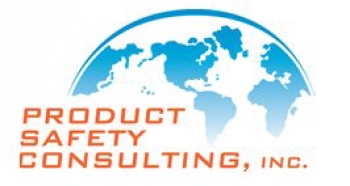LEDs in Horticulture
Following the birth of hydroponics and other ultra-efficient farming methods, research began into the effects that certain kinds of lights can have upon plants. Questions, like while wavelengths and intensities caused the most growth while also using the least amount of power, are still being answered today. The light needs of a plant varies from species to species so there is no standard lighting to use for all crops.
LED’s have an advantage over other forms of lighting in horticulture because LEDs produce much less heat than other lightbulbs do. Due to the heat produces by light, lightbulbs could only be placed high above plants, otherwise the plants could be damaged by the heat. This made farms unable to expand to multiple floors, and prevented the lower parts of a plant from receiving light, further inhibiting growth. Plants that only grow to a few inches tall saw the biggest benefit of LED lights, as they could be planted in facilities called vertical farms, where small bins with their own light and water source are stacked upon each other to grow vast amounts of plants without covering a large area.
In the past, plants grown with LED lights tended to use only pink and purple light. This is because in the lab, chlorophyll is shown only to absorb light in those frequencies. Different frequencies of light were just reflected, which was interpreted as a waste of power. These tests only used chlorophyll, and did not conduct tests upon an entire plant. Recent research argues that white light peak frequencies in the pink and purple color help plants grow better than just pink and purple light. The exact recipe behind the ratios of light to use is a secret closely guarded by LED manufacturers.

As research continues on LED use in horticulture, many different combinations of varying wavelength and intensity will be tried. Perhaps someday there will be a set of standards for optimal light produced by LEDs for use in horticulture. Regardless of which standards are applicable to your product, let Product Safety Consulting Inc. be "Your Outsourced Compliance Department".

